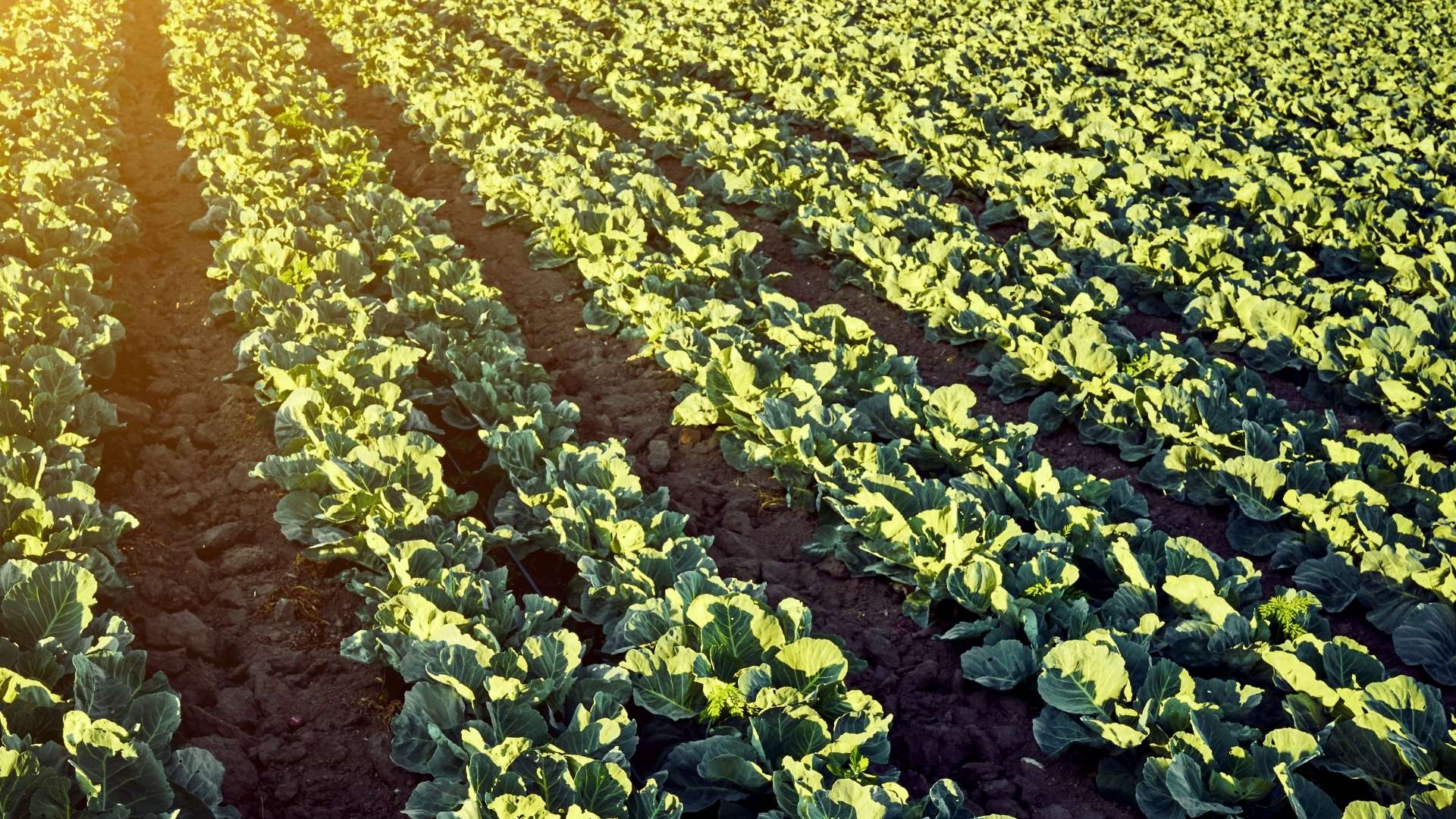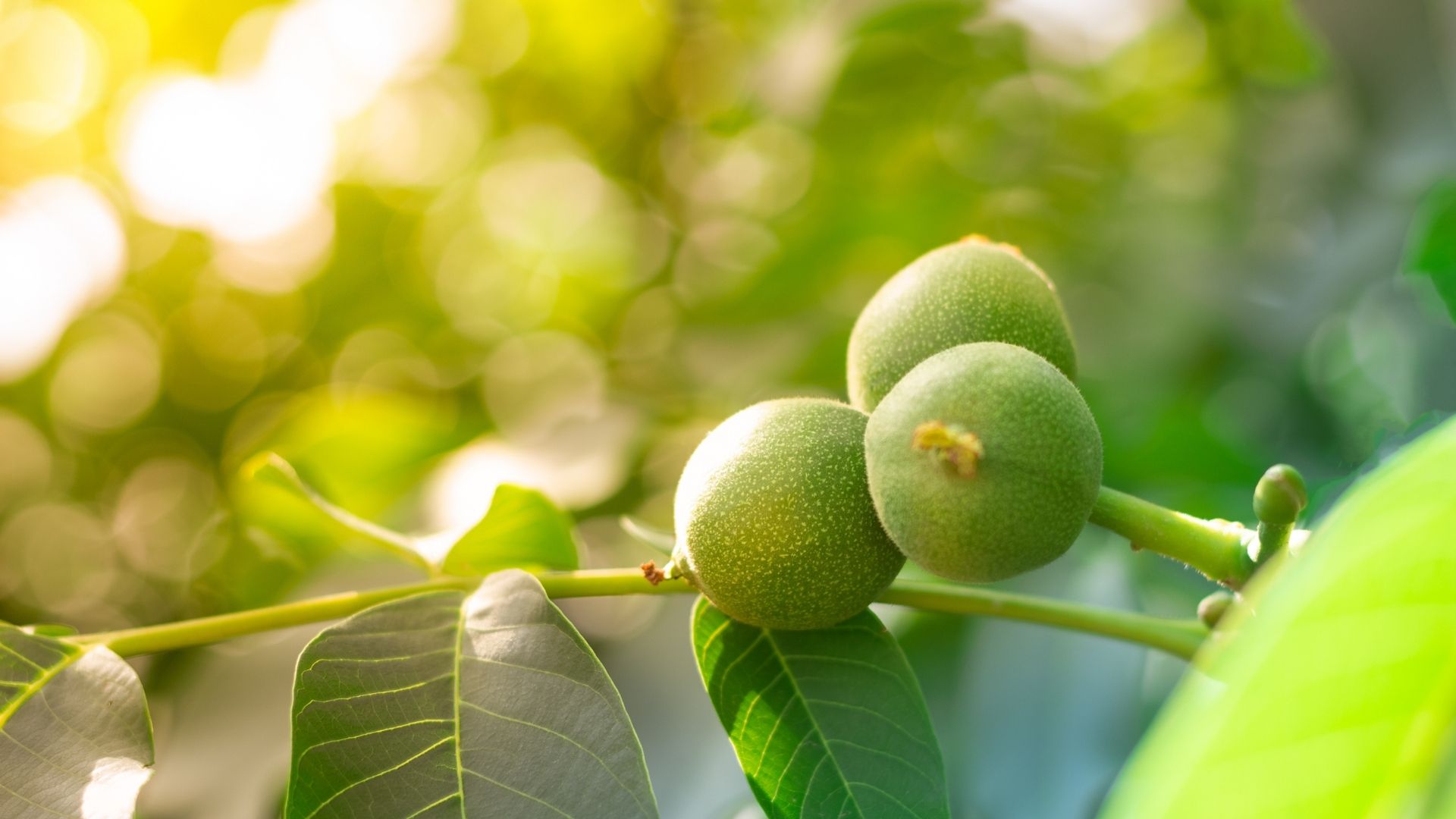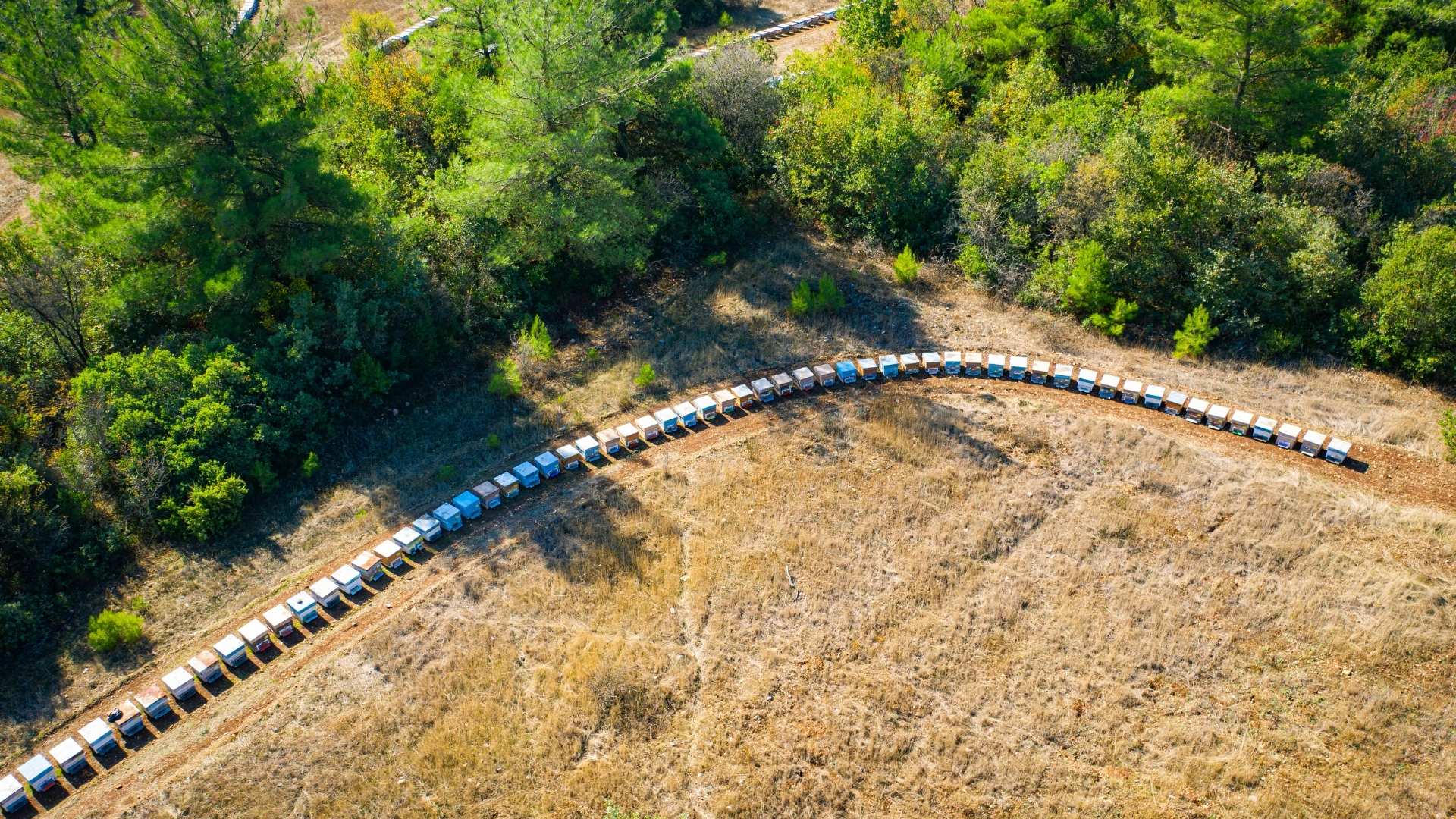
Application of Sustainable Agriculture
The concept of sustainable agriculture can be described as a system of ecological farming practices. It is based on scientific innovations to produce healthy food while preserving land, air and water, and farmers’ health and rights. The basic principles of meeting the human race’s needs, such as healthy food, improving environmental quality, preserving the natural resource base, and using non-renewable and farm resources, are utilized most effectively. The natural biological environment could create courses supporting rural economic development.
The idea of sustainable agriculture includes the following:
- Anticipating change: farmers can recognize difference; they accept it, plan for it, and know-how to adapt to it.
- Identifying constraints and resources and developing strategies to improve resources and reduce and overcome limitations.
High sustainable systems aim to achieve the best use of environmental goods and services while not damaging these assets and must be locally adapted and equipped in proportion to the crop. Recent empirical evidence shows that successful sustainable agriculture initiatives and projects arise from shifts in agricultural factors of production (e.g., use of fertilizers, nitrogen-fixing substances, and pesticides). A better concept than the holistic concept focuses on resource intensification, using existing resources (such as land, water, biodiversity) and technology.
The main steps for sustainable agriculture are as follow:
- Incorporating biological and environmental processes such as nutrient cycling, nitrogen fixation, soil regeneration, and chemical activation.
- Reducing the use of non-renewable inputs that cause harm to the environment or the health of farmers and consumers.
- Productively utilizing farmers’ knowledge and skills improves self-reliance and replace human capital with costly external inputs.
- Productively utilizing the collective capabilities of individuals to work together to solve common agricultural problems and natural resources, such as pests, watersheds, irrigation, etc.

Sustainable agriculture can be treated as an ecosystem approach to agriculture; hence one of the primary goals is preserving key resources for future generations. It is impossible to overestimate the significance of the idea. So let’s define the essential resources like water, soil, land, energy, and air.
With Invest4land farmland management, you get over 15% annual return on investment. Your lands are best managed, and you will receive information and support in this process.
Water
Many agricultural areas require additional irrigation due to the lack of rainfall. For irrigation management to be sustainable, it must simultaneously achieve the following objectives: avoiding salinization and contamination of the land and using less water than it can be naturally replenished. It is done by using remote sensing tools. Water saturation areas can be determined quickly, which prevents crop losses and helps manage irrigation accordingly. You can obtain all necessary data about water consumption, moisture content of crops, or water equipment failure using satellite images.
Soil
Intensive farming practices in recent decades have had a devastating impact on soil quality. They reduce carbon in the soil, accelerate climate change, and damage soil structure, crop growth, and ecosystem functioning. To prevent further degradation, sustainable soil management techniques should include no-till agriculture, design of central lines and windbreaks to reduce wind erosion, review the use of chemical fertilizers and protect the soil from runoff. To prevent further degradation, sustainable soil management techniques must include non-tillage agriculture, major line design, wind sources to reduce wind erosion, reconsidering the use of chemical fertilizers, and protecting the soil from water stress. Another problem with organic farming is the excessive use of phosphorus inputs that lead to excessive nutrition and soil fertility depletion. The key concept of avoiding undesirable consequences involves the use of phosphate rock, which is a natural element in some soil types, and the use of microbial vaccines such as microorganisms that dissolve phosphate. The energy reflected in multiple spectral ranges is measured in excess of visible light (infrared, heat, etc.), which can be used separately or combined to indicate the precise phenological stage of the crops to apply the appropriate amount of inputs.

Energy
Agriculture now is highly dependent on fuel and non-renewable energy sources in general. The only way to overcome this dependence is to consider using “smart” agricultural systems for energy and the transition to renewable energy. The concept of solar irrigation developed by Pakistani scientists is said to be the most promising initiative in this field.
Air
Almost all agricultural activities pollute the air with the dust of tillage, burning smoke, pesticide drift, and nitrous oxide emissions during the use of nitrogenous fertilizers, traffic, and harvesting. Air quality improvement options may include: the use of crop residues for soil, appropriate levels of tillage, and the installation of windbreaks.
Benefits of Sustainable Agriculture
The most commonly used argument against sustainable agriculture is that it cannot “feed the world” because of soil and temperate crop management. But let us consider the benefits of this agricultural approach. The devastating environmental impact of sustainable agriculture is minimal because it aims to preserve the environment and use the least damaging technologies and inputs. Sustainable farms do not use chemical pesticides, fertilizers, genetically modified seeds, or animal antibiotics, nor do they generate toxic amounts of untreated waste. All of these factors positively impact public health, and the process of agriculture is becoming safer for farmers, and food produced is healthier. It also enhances and supports animal welfare. Farmers raise their animals in conditions close to normal to reduce stress, pain, disease, and cattle suffering. The social aspect of sustainable agriculture involves a reconsideration of the importance of family farms and rural communities. Besides, other strategies can help increase the level of occupation, education, and health and meet cultural and spiritual needs.
Why not take this courageous step to create a future for you and your family? Join the Invest4Land family. Contact us and let’s discuss the available options with you!
Ready to get started?
As an award-winning agency, we are consistently and challenging ourseleves for the betterment. We are your authentic brand.



